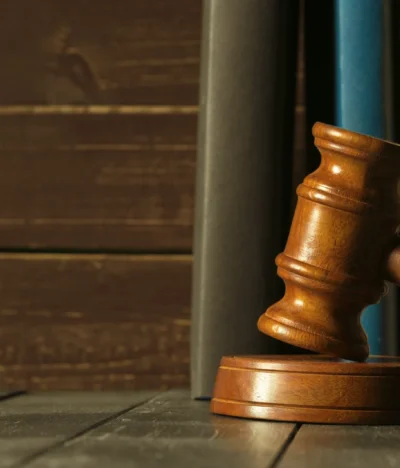The short answer is 4-6 months as long as there are no complications.
Dissolving a civil partnership is not always an easy decision to make; it can be an emotional and stressful time, but it is important to know that apart from ending your partnership, separate financial decisions will also need to be made that can affect how you move on with your life.
If you are in a civil partnership in England or Wales, you will be required to have been in that partnership for at least a year before you can apply to end it. This is known as dissolving a civil partnership. This is very similar to a divorce but not quite the same; you and/or you partner will need to make an application to the court which provides a statement setting out how your partnership has irretrievably broken down. The traditional blame-fuelled ‘facts’ that used to be relied on in order to prove this are no longer applicable, in the same way that they have been removed in the no-fault divorce process.
As well as completing the dissolution petition, you will need to provide your original civil partnership certificate and begin to put together a list of your finances to work out how any financial matters will be resolved. As with a traditional divorce, either party will also be entitled to apply for financial provisions which can include:
- A lump sum payment
- Pension sharing
- Asset sharing
- Spousal maintenance payments
- Shared property ownership
It is important to know that when you dissolve your civil partnership, the final order will not resolve any of your financial commitments. A separate financial application to the court will need to be made to resolve these issues and sever any financial ties you may still have together.
If you can both agree on how to divide your finances, you can apply to the court for a financial order. However, if you cannot agree, you may need to instruct a solicitor to negotiate a financial agreement on your behalf. This is called a contested financial order and will usually mean that the timeframe for achieving dissolution of your civil partnership will be extended beyond 4-6 months.
We suggest that you try and resolve your financial commitments at the same time as dissolving your civil partnership; often you can delay the application to finalise your civil partnership dissolution until your financial agreement has been reached.
Even if your ex-partner doesn’t want the civil partnership to end, a conditional order can still be granted and the court can state that it sees no reason why the civil partnership cannot be dissolved, and hopefully minimise any delay. You will then be able to apply to finalise the dissolution.
Alternatively, if you feel you are not ready for a civil partnership dissolution, a legal separation is another way of separating. It allows you and your partner make formal decisions about things like your finances and living arrangements, but your civil partnership would still be valid. Legal separations can be helpful for people who don’t want a dissolution for religious or cultural reasons or if you have been in a civil partnership for less than a year.
Arlingsworth Solicitors offers professional legal guidance on civil partnership dissolution and can help you to achieve the best financial outcome. We specialise in providing first-class legal support and our dedicated team of experts are on hand 24/7 to provide professional legal advice and guidance.
If you need assistance with any issues relating to civil partnership dissolution please contact our Brighton office on: +44 (0) 1273 696962 or our London office on: +44 (0) 203 358 0058. Alternatively, request a callback, or email info@arlingsworth.com. You can also follow us on social media for any other important news and updates.
The information in this blog is intended for general information only. It is up-to-date at the time of writing. However, it does not constitute legal advice and should not be treated or relied upon as such. It is provided without any representations or warranties, express or implied.







